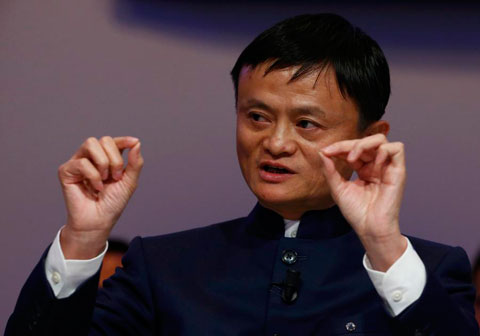Infrastructure offers Chinese companies opportunities worldwide
By Zhang Chunyan (China Daily) Updated: 2015-02-03 07:58Second, China plans to withstand downward pressure on its traditional trade activities and pursue its strategic focus. The nation is losing price competitiveness as labor and financing costs rise and the yuan strengthens. Exports of higher value-added products such as transport and communications equipment, which are less price-sensitive, will give China some advantage.
Third, the infrastructure industry's expansion abroad will help the sector upgrade and modernize. Domestic infrastructure technology and equipment are price-competitive, but there is still room for improvement in terms of performance and security.
Joining the international competition will prompt companies in this sector to do better.
Fourth, China's overseas direct investment will maintain rapid growth in 2015, and investment in the infrastructure industry will help shift the emphasis of investment away from financial assets toward physical ones, which are believed to offer better returns.
In Europe, rising demand for new and improved infrastructure is creating opportunities for Chinese companies. The demand comes from not only less-developed eastern European nations but also highly advanced economies such as the United Kingdom and Germany.
Germany was once known for its fast autobahns, efficient industries and ability to rally public resources for big projects. But its infrastructure - roads, bridges, train tracks, waterways and the like - is aging, and experts have warned that problem could undermine its economic growth.
In the UK, China will modernize the infrastructure by investing 105 billion pounds ($159 billion) into several energy, real estate and transport projects by 2025, according to a report published in October by law firm Pinsent Masons.
- Qoros appoints Murtaugh CEO
- Airline industry relieved as oil prices down to 5-year low
- Brazil to expand agricultural export to China: minister
- China, India to boost tourism cooperation
- Forecasters predict little change in yuan band
- New business models to further boost Guangzhou trade prospect
- Calculating true value of nature is tough task
- Asia's new group of corporate stars to shine
















